Upcoming Events: September
Fall Clearance Sale & Festival
Saturday, September 20, 2014
11 a.m.-3 p.m.
111 Sunnyside Drive
Alexandria, MN 56308




Admission:
One perishable food item per person to donate to our local food shelf
We are so excited to welcome you to our 1st Annual Fall Clearance Sale & Fall Festival at Green Thumb Floral & Greenhouse!
Come in and check out our fantastic sales on spring bulbs, hanging baskets, potted mums, and zinnias.
We also have pumpkins, gourds, hay bales, corn bunches and other items in stock to decorate your home for fall.
Bring the whole family!
We will have carnivals games,
face paintings, pumpkin patch,
and hay rides.
Our local petting zoo will join us with some of their friends from
11 a.m.-1 p.m.
We will also serve hot apple cider, coffee and cookies.
We're open:
Monday- Friday 8 a.m.- 6 p.m.
Saturday 9 a.m.- 4 p.m.
Don't Miss Out









Now Hiring

BB's Cup of Brew

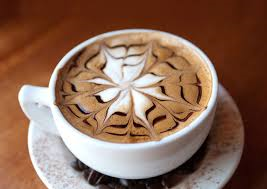




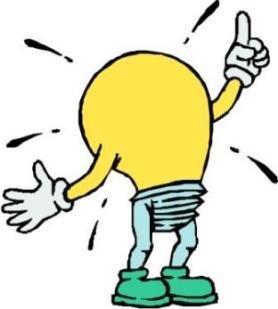




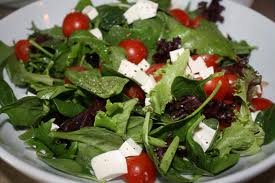






Come to BB's Cup of Brew!
We are located at: 4645 Coffee Lane, Benson MN 56271.
If you have any questions please call us at: 320-555-2255
We can't wait to see you!
A Job Complete


New construction equipment


Post title...
Find the perfect eye pad for any client! We offer Sensitive (Aloe Vera), high tech Silicone pads, and Anti-Aging (Collagen, Arbutin, Vitamin A&E). PremierLash Gel Eye Pads are the most popular isolation eye pad available. Free of additives to reduce sensitivity.

Post title...

Universal Testing Machines
Our Customers value the delivery of the responsive, affordable, and effective solutions that overcome the challenges of their static and fatigue testing applications. As test engineers that develop and produce a wide range of test systems and accessories, we solve challenges ranging from highly technical down to the basics. We know testing.

Luxury Watches Los Angeles
Finest Watches is a watch retailer and wholesaler based in Encino, California, USA. Finest Watches buys, sells and trades both new and pre-owned watches from a vast network of suppliers, dealers and collectors worldwide.

Kitchen Tools And Utensils
We have everything that you need to run a successful business. Cooking equipment, refrigeration equipment, bakery equipment, food prep equipment, stainless steel work tables, sinks, warewashing equipment, bar equipment, table top supplies, glassware, china, silverware, furniture, baking supplies, pizza supplies, bar supplies, linens, consumables & disposables all in one place.

Bullet Security Cameras
The Best in High performance, durable and reliable security solutions for your home, business, and your family! Featuring Revo America products, praised for the simple All In One Cable, which features video power and audio over one cable. Also with Revo Elite and Elite HD, HD/IP Camera Solutions and more. Get the peace of mind you deserve with the most products at the best prices only at SecuritAll - Call us Toll Free at 1-877-247-2288

Total Eclipse Turbo Caps
Thank you for visiting Supervits.com, your comprehensive resource for the highest quality health and nutritional supplements. Our products- from Zyflamend and BioAstin to Cellfood, and Digest Gold - allow our customers to support their health naturally.

Criminal Defense Attorney Tampa
Florida authorities take a very severe stance against individuals suspected of sexual misconduct, especially when the victim involved is a minor or a vulnerable resident. In many cases, prosecutors put in extra effort when trying a sexually related case, simply because of their personal views of the offenses and the public’s and media’s interest in these types of cases.

good

2014 NBA Preview: The Denver Nuggets


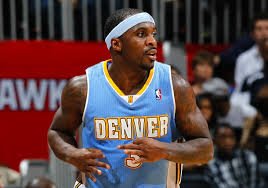
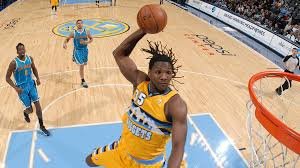
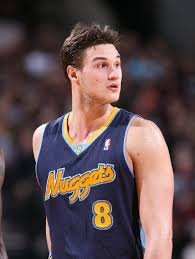
Project #1 Starters


Post title...
helpforteenagers
White River Academy therapeutic boarding school has the structure and 24/7 support that allows us to firmly disrupt the current dynamics and go directly to the source of your son's problem.

dream zine



